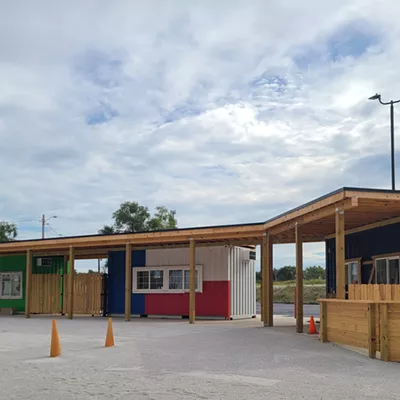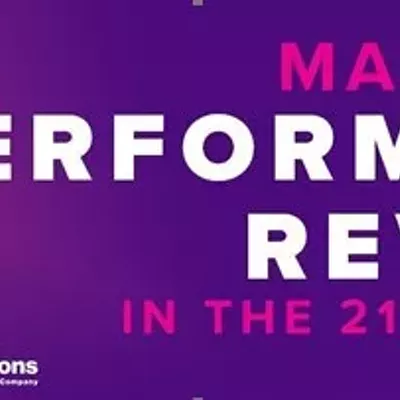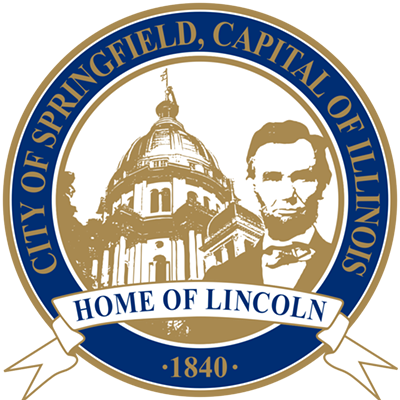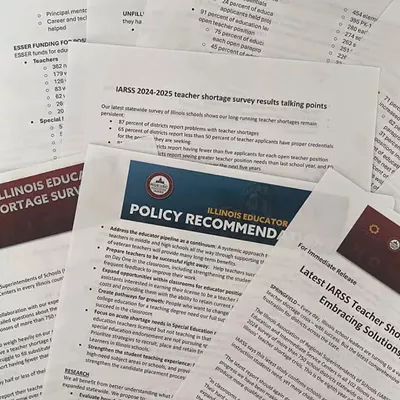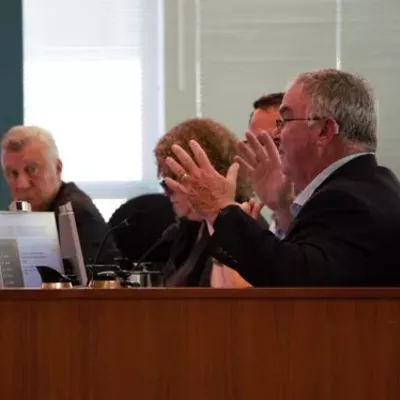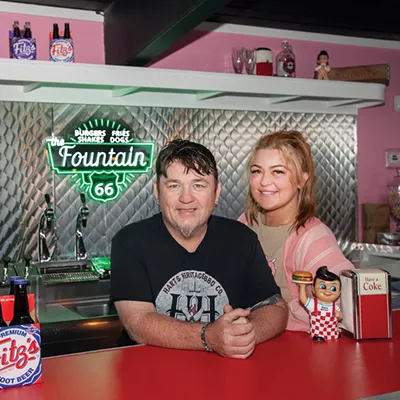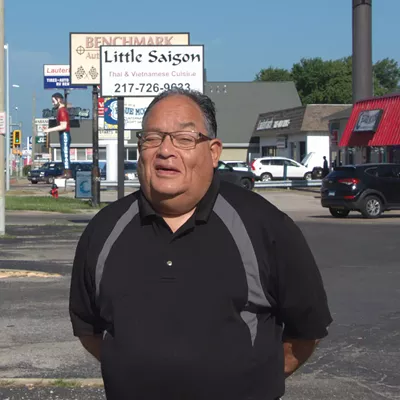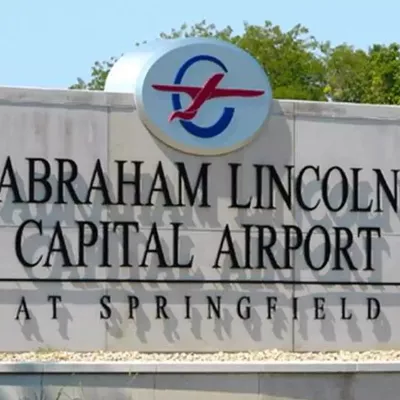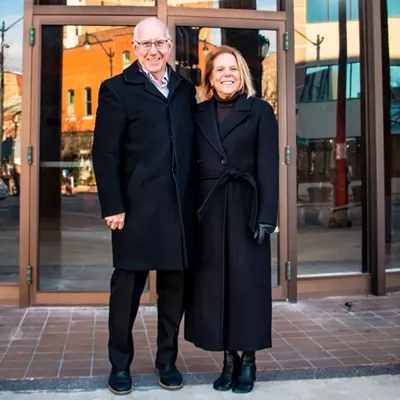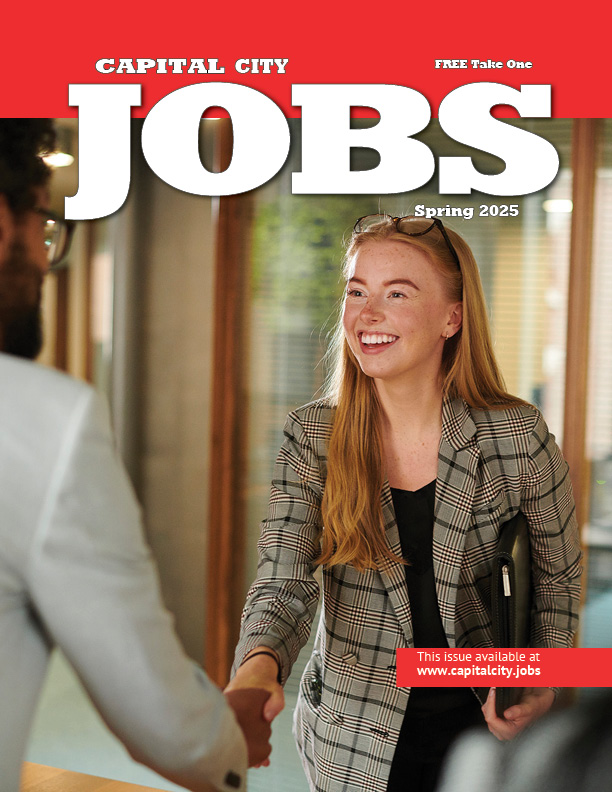By Sarah Mansur, Capitol News Illinois smansur@capitolnewsillinois.com
The grant program for small businesses owners in Illinois who suffered losses during the pandemic has run out of money. Illinois’ Business Interruption Grant program was the largest state program of its kind, but only about 20%, or 8,974 applicants, received a grant.
The Illinois General Assembly created the program using federal Coronavirus Aid, Relief and Economic Security Act, or CARES Act, money. The Illinois Department of Commerce and Economic Opportunity helped administer the program, and awarded more than $275 million since the first round of grants were issued in August.
DCEO Director Erin Guthrie said this particular set of federal dollars has been exhausted, but the department continues to look for ways to help businesses statewide.
“We know that businesses are hurting and we wish that Congress would provide more relief,” Guthrie said in an interview Friday. “This virus has shut down so much of our economy, and that is a struggle for every person and business across our state. The other thing I would say is, we're constantly working with our federal counterparts, with other sources in ways that we can creatively provide relief to those businesses.”
She said government money is still available for business owners through the second round of the federal Paycheck Protection Program, which awards forgivable loans, as well as existing state loan programs dedicated to small businesses, such as Advantage Illinois.
More than a third of BIG funds went to businesses downstate, 40% of grants were made to minority-owned businesses statewide, and more than 80% were made to businesses with $1 million or less in annual revenues, according a DCEO press release.
Although the supply of funds could not match the demand, Guthrie said the agency continued to solicit for new applications because “we knew that we would continue to get those smallest, very smallest businesses to apply who were in the hardest hit industries, and that's exactly what happened.”
The average grant size was $30,000, and grants ranged from $5,000 to $150,000. Nearly half of all BIG funds, or more than $133 million dollars, went to restaurants and bars, according to the DCEO release.
A recent survey from the National Restaurant Association, along with the Illinois Restaurant Association, found 58% of Illinois operators say it is unlikely their restaurant will be open in six months without additional relief packages from the federal government.
Pritzker’s executive order that imposed an indoor dining ban on bars and restaurants, effective Nov. 18, has been especially painful for the industry.
Pat Doerr, managing director of the Hospitality Business Association of Chicago, said the fact that the agency awarded some grants to restaurants that never stopped serving customers indoors, in violation of the program’s eligibility rules, is one of his top grievances.
For example, Fireside Grille in Sugar Grove has continued to operate indoor dining after the governor issued his executive order but was issued a $150,000 grant. Owners of Fireside Grille did not respond to requests for comment.
A DCEO spokesperson said the department hasn’t received a formal complaint about Fireside Grille, adding that DCEO will be reaching out to this business owner to inquire.
Guthrie said the majority of grant recipients have followed the rules.
“If they aren't, we really try to work with grantees to get them back in compliance. And then the very last line of defense would be to potentially claw back funds,” she said.
Doerr said the agency also failed to communicate an applicant’s realistic chance of getting money.
“They massively oversold the program,” he said. “The ship went down, and only one in five businesses got a lifeboat. Everybody's happy for the one in five small businesses who made it in the lifeboat.”
Capitol News Illinois is a nonprofit, nonpartisan news service covering state government and distributed to more than 400 newspapers statewide. It is funded primarily by the Illinois Press Foundation and the Robert R. McCormick Foundation.

